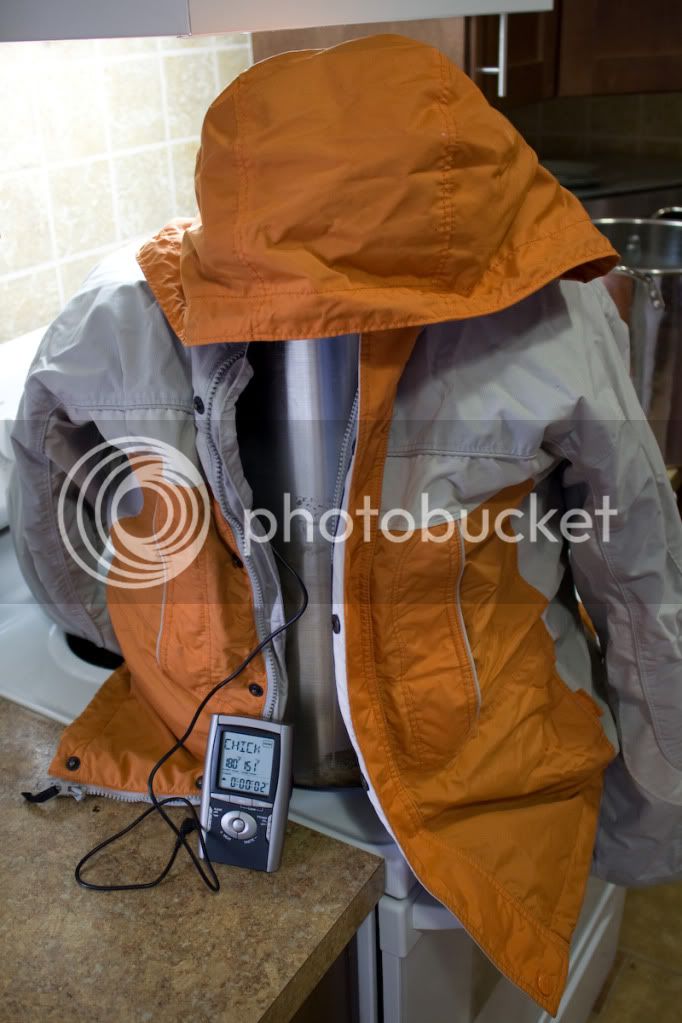imperialipa
Well-Known Member
I have been brewing alot of recipies from the 250 best clone. Some say to mash 90 min. some say to mash 60 min. Some dont tell you a mash time at all...
So when is it advantageous to mash for 90 min?
When is it advantageous to mash at 60 min?
Any rule of thumb suggestion you guys can give me?
I would "think" that higher gravity beers would benefit from a longer mash to get the most sugar conversion possbile but maybe thats a misnomer.
So when is it advantageous to mash for 90 min?
When is it advantageous to mash at 60 min?
Any rule of thumb suggestion you guys can give me?
I would "think" that higher gravity beers would benefit from a longer mash to get the most sugar conversion possbile but maybe thats a misnomer.



